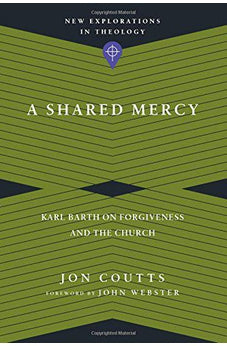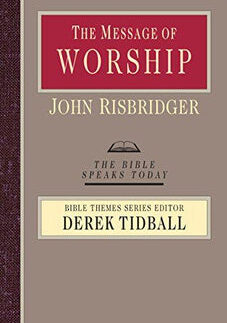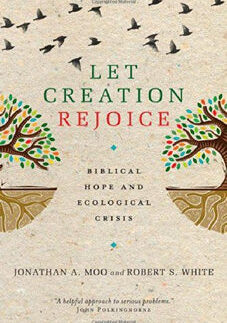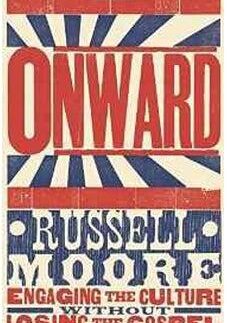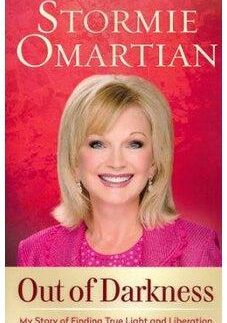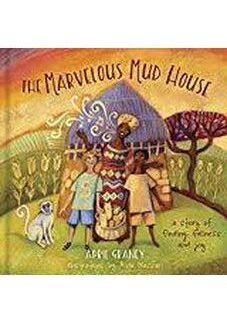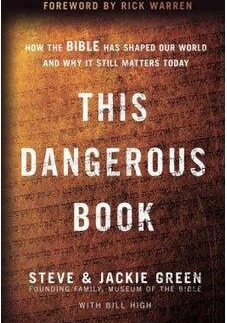A Shared Mercy: Karl Barth on Forgiveness and the Church (New Explorations in Theology)
Review “A Shared Mercy is an excellent book. It is both scholarly and pastoral, academic and practical. Coutts’s contribution is a welcome addition to Barthian scholarship, it is useful to academics both in their research and in their classrooms, and most importantly, it has far reaching implications for the life and practice of the church.” — Michael Spalione, Trinity Journal, Fall 2017 Product Description Christians regularly ask God to “forgive us our debts, as we forgive our debtors,” but tend to focus on the first half and ignore the second. Something is missing if Christians think of mission only in terms of proclamation or social justice and discipleship only in terms of personal growth and renewal?leaving the relational implications of the gospel almost to chance. It is vital both to spiritual life and mission to think of the church as both invitation and witness to a particularly merciful social dynamic in the world. As a work of constructive practical theology and a critical commentary on the ecclesiology of Karl Barth’s unfinished Church Dogmatics, A Shared Mercy explains the place and meaning of interpersonal forgiveness and embeds it within an account of Christ’s ongoing ministry of reconciliation. A theologian well-practiced in church ministry, Jon Coutts aims to understand what it means to forgive and reconcile in the context of the Christ-confessing community. In the process he appropriates an area of Barth’s theology that has yet to be fully explored for its practical ramifications and that promises to be of interest to both seasoned scholars and newcomers to Barth alike. The result is a re-envisioning of the church in terms of a mercy that is crucially and definitively shared. Review “Coutts approaches the task with a pastoral and practical sensitivity which makes this book a worthy addition to the field. His expositions of Barth’s thought are careful and insightful, and he demonstrates ample knowledge of the secondary literature without getting bogged down by it. Yet while Barth is the chief dialogue partner, an impressive range of other voices is included in the conversation. . . . These interactions undoubtedly enrich the book, and serve to show the fruitfulness of putting Barth into conversation with those outside the world of Barth studies.” — Declan Kelly, Evangelical Journal of Theology, 27:1 About the Author Jon Coutts (PhD, Aberdeen University) is tutor of theology and ethics at Trinity College in Bristol, England. Ordained in the Christian and Missionary Alliance, Coutts has extensive ministry experience in Canada, including serving as pastor in Richmond, Brit’sh Columbia and Selkirk, Manitoba.
